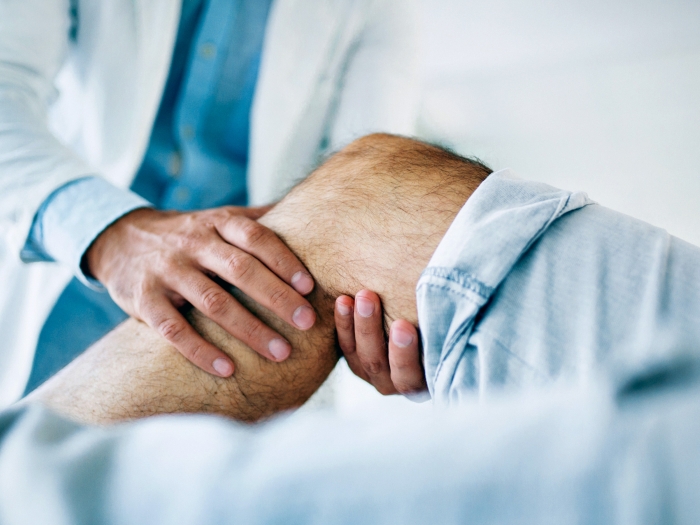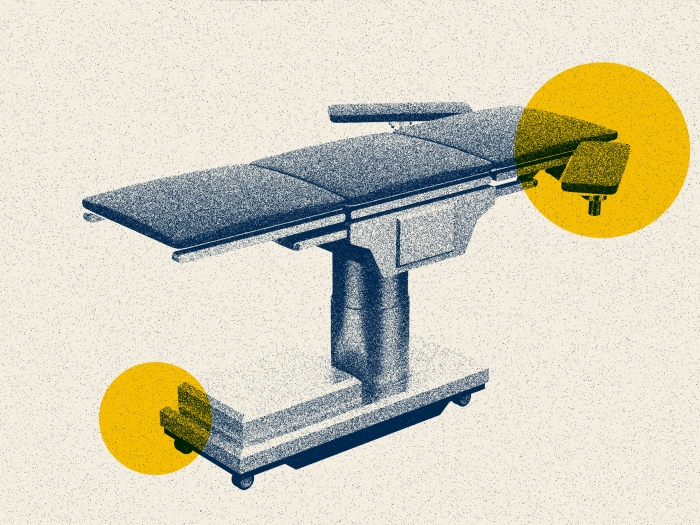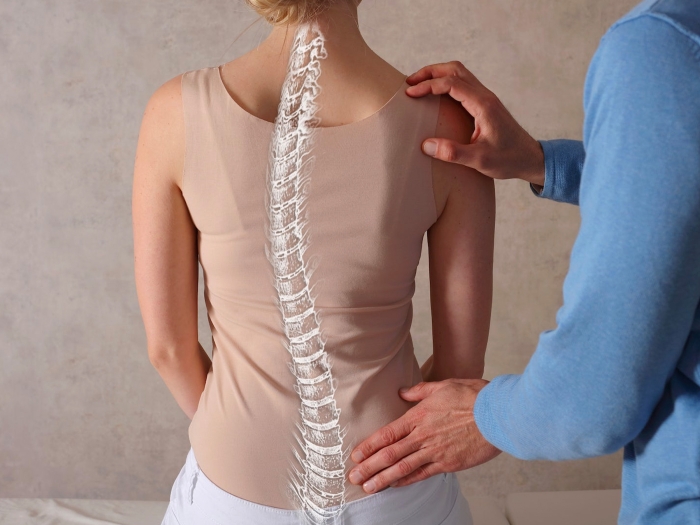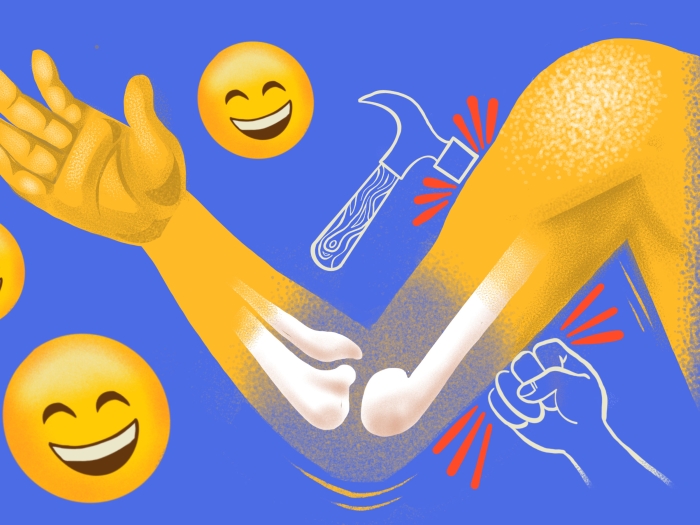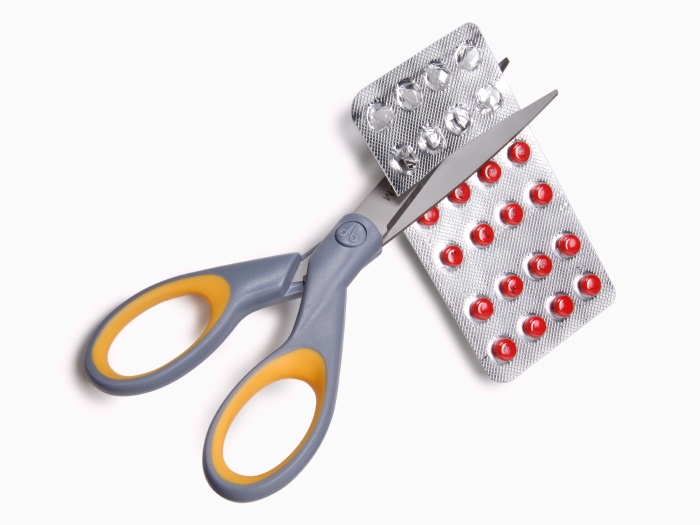Have an ache in your elbow or shoulder that won’t seem to go away? It may be a tendon injury. Here, a musculoskeletal expert explains how you can fix the problem.
7:00 AM
Author |
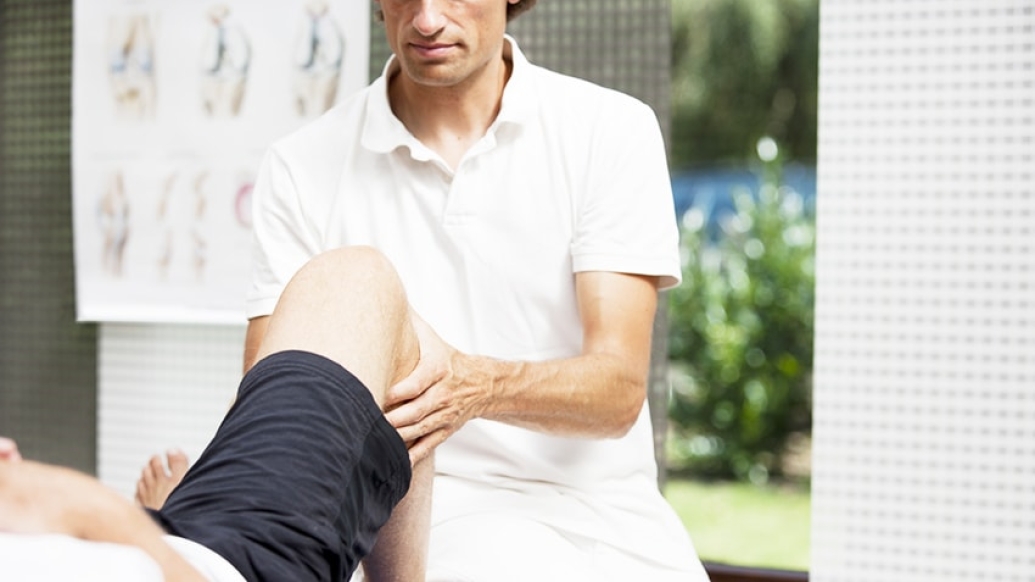
Tendons, or the strong tissues attaching a muscle to a bone, can become injured as a result of tiny tears happening in the tendon. The injuries generally occur near joints, including the rotator cuff, the Achilles and the elbow (often called tennis elbow).
SEE ALSO: Tips for Treating and Preventing ACL Injuries in Everyday Athletes
Troy Henning, D.O., assistant professor of physical medicine and rehabilitation at the University of Michigan Comprehensive Musculoskeletal Center, explains that if you have persistent tendon pain, a chronic strain is usually to blame for your discomfort.
"When tendons are overloaded, whether through repetitive or a sudden increase in activity, it causes the tendon to weaken and makes it more susceptible to injury and the development of pain," he says.
However, there are ways to treat the injury.
Henning says there are three major forms of treatment options:
Exercise for tendinopathy
"Most of the time, it just takes some focused exercises directed at the injured tendon to help restore its normal health and function," Henning says. "In general, 80 percent of patients will respond to an exercise intervention alone."
He says your musculoskeletal specialist will usually have you progress the strengthening exercises in a graduated fashion.
"I generally have a patient perform three sets of 15 repetitions, where the last five repetitions of each set cause some mild discomfort to the injured tendon," Henning says. "When the exercise is no longer painful, the intensity should be increased by adding to the load or resistance."
He mentions not to get too excited and think it's a quick fix. An exercise program may take six to 12 months of consistent participation to see a reduction in pain and improvement in function.
Nonsurgical interventions
If exercises alone do not seem to be helping, Henning recommends discussing nonsurgical options with your musculoskeletal specialist.
SEE ALSO: 5 Steps to Safely Play Summer Sports
One option your specialist may recommend is a nitroglycerin patch.
"We prescribe these patches to patients who seem to be having moderate to severe pain that is interfering with their ability to use the tendon," Henning says. "The patch helps to normalize the function of the tendon cells. This in turn helps to reduce pain and may help heal the tendon."
Around the elbow, Henning says to avoid corticosteroid injections, a common anti-inflammatory treatment to address pain.
"There are multiple studies showing these injections may actually make the injury worse over time," he says.
Minimally invasive procedures for tendinopathy
When exercise and nonsurgical options aren't enough, Henning discusses tenotomy, or removing the diseased portion of the injured tendon, with his patients.
"At U-M, we perform an office-based, ultrasound-guided tenotomy procedure with a Tenex [TX1] device," he says. "The procedure helps to remove some of the diseased tissue and stimulates healing within the tendon. Most patients experience a reduction in pain and improvement in function within six to eight weeks."
He suggests discussing tenotomy with your musculoskeletal specialist to see whether a certain procedure is right for you and your injury.

Explore a variety of healthcare news & stories by visiting the Health Lab home page for more articles.

Department of Communication at Michigan Medicine
Want top health & research news weekly? Sign up for Health Lab’s newsletters today!
